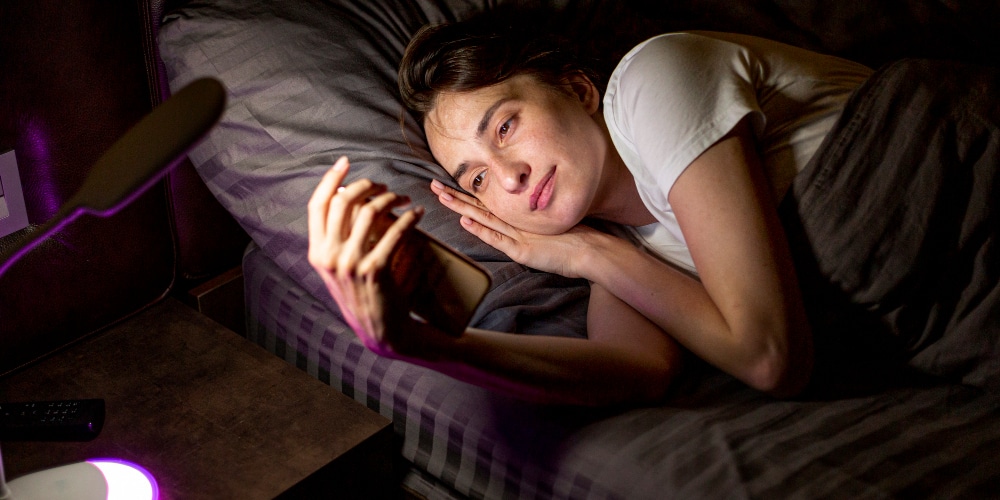Making space for patients: the urgency of listening in healthcare
'Listening to patients does not always mean doctors should do what they say; curiosity and humility can spark dialogues that rebuild trust.'
Author
Author
- admin / 12 months

- 0
- 3 min read

Author
In health-care services, spaces should be allocated for private conversations and listening can be incentivised with more time for consultations and patient feedback on whether they felt heard, argues a researcher in her latest article in the Lancet. Laying stress on listening to patients, the author argues that primary care should be allowed to more routinely offer a range of appointments that give patients the power to choose who they see and when.
“Listening to patients does not always mean doctors should do what they say. However, being curious and humble can open up a dialogue to exchange different views and opportunities to learn from each other. With increasing medical mistrust, this has never felt more urgent,” Dr Rageshri Dhairyawan, who is the author of Unheard: the Medical Practice of Silencing, said.
“Deep listening can be challenging, so regular opportunities for supervision and mentoring are important. Listening and communications skills should remain part of continuing professional development,” she said. Dr Dhairyawan is a sexual health and HIV doctor and health equity researcher and science communicator.
“Burned out doctors cannot listen well, so staff wellbeing is also a patient safety issue that should be addressed through employment policies and practices, including safe spaces for employees to be heard,” she said.
While quoting public health ethicist Daniel S Goldberg who stated, “Anxieties about malingering or feigned illness are at least a thousand years old in the West”, she argued that her own experiences as both a UK-trained practising physician for the past 20 years and a patient, she has seen how inherent scepticism of some doctors towards patients in general and minoritised groups in particular remains a concern in medicine.
“This can be seen in the language of medicine I was taught, which researchers say can disempower patients by casting doubt, belittling, or blaming them. Some patients report being dismissed and disbelieved by health-care professionals, their lived experiences denied,” she added.
“Patients who are repeatedly unheard might choose to self-censor to avoid further rejection, which can make them appear more untrustworthy to physicians. This damages the patient–doctor relationship and drives mistrust and health-care avoidance,” she added.
At institutional levels, health-care services are not designed to promote listening, according to Dr Dhariyawan. “With 10-min appointments for general practitioners the standard in the UK, for example, there is often insufficient time for in-depth conversations. Productivity in health care is typically measured in numbers of patients seen, diagnoses made, and treatments given, not recognising that a consultation which involves deep listening in itself can be therapeutic,” she adds.
While arguing that there has also been a gradual loss of initiatives that strengthen the patient–doctor relationship such as continuity of care, she said that seeing the same doctor over a period of time can help enable familiarity and trust, which has been shown to be safer, more efficient, and more fruitful for both parties.
“Despite such challenges we in health care need to improve our capacity to listen. There is much that can be done at individual and systemic levels to make patients feel heard. In medical education, students should be taught deep listening skills,” the author added.
Also read: Social media listening crucial for tackling infodemic’s impact on health: Study – First Check
(Do you have a health-related claim that you would like us to fact-check? Send it to us, and we will fact-check it for you! You can send it on WhatsApp at +91-9311223141, mail us at hello@firstcheck.in, or click here to submit it online)









